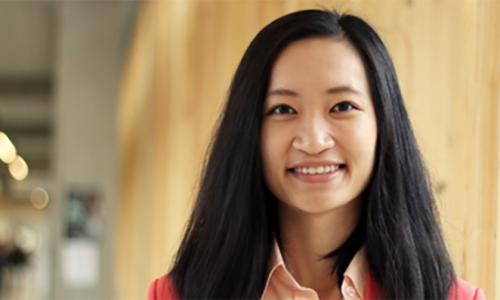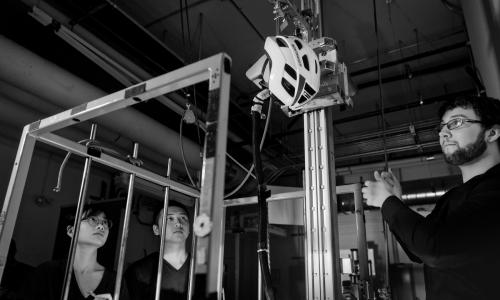
As a Communication Co-op student who has spent many semesters seeking for a Co-op placement; being able to finally land an eight-month Co-op is a significant achievement for me. I’ve finally climbed my version of Mount Everest. Given this long and enduring battle, the ideal mindset is to have patience and not lose hope as it relates to a Japanese proverb that I always follow, which roughly translates to “fall down seven times, stand up eight.” This proverb is important to learn because perseverance is key to getting your foot in the door for anything. As a student who has lost count of how many times I’ve not succeeded, let me provide you with some essential tactics that will help you have a better chance of landing that Co-op position. Having some tips is better than no tips am I right? Anyways, let’s get started.
Mental Knowledge is Good but Can You Risk Coming in Blank-minded?
In the world of academia, we are trained to memorize course concepts and go through an examination in a closed book setting. However, this isn’t the way you do things in a real-world setting. You don't know how many people are competing for the position that you’re after. Another thing to consider would be that you don't know your opponents in terms of their qualifications and skill set. What is the best way to shine in this situation, you might ask? The essential tip that you have to follow is to do your research.
Do Your Research and Write Stuff Down
Researching is one of the most essential skills that have been developed throughout our university career. However, most people don’t realize that you can actually bring in the notes that you had taken into a job interview. Yes, your interviewers expect you to come prepared and with that expectation, you have to show and prove to them that you had done your homework. What I’m trying to say is yes, you can memorize the research into your head and come in light-handed but, it's not recommended because there is a possibility that you will develop anxiety throughout the interview process causing you to forget about what you have researched. Another recommendation I would provide would be to create a STAR (Situation, Task, Action, Result) chart. Creating this chart is a helpful way for interviewers at a glance to see what life experiences you have had in a certain qualification that they are looking for. For this, I suggest printing out multiple copies and one for yourself just so you can use it as a reference in your interview survival kit.
Treat Your Interview Like It’s an Open-Book Exam and Bonus Tips
This is where writing information down throughout the research phase of planning the job interview comes into play. The saying of “the devil is in the details” can help significantly improve your potential supervisors’ impression of you. Bring anything you can to show off that you have done your research and your technical skills. Bring your notes, your portfolio, your STAR chart and if you have a personal business cards, bring those because branding is everything. It's even better if your card is consistent with your cover letter and resume design. The point of this is to impress your interviewer because your first impression is everything at this stage. Bonus tip: if you can relate your life experience and personal goals to the perspective position, use it to your benefit.
Develop a Physical and Online Version of your Portfolio
Throughout the interview process, there are numerous occasions where your interviewers would like to keep pieces of your portfolio as a reference. Personally, my portfolio consists of original hard copies that can be hard to obtain again if I were to give them away and printing is expensive. So, the best method to resolve this situation would be either to photocopy parts of your portfolio for your interviewer in advance, or share them digitally. With the existence of digital cloud application such as Google Drive, create a Google folder that consists of your extensive work samples and e-mail that link to your interviewer along with your thank you letter. Not only does this demonstrate that you are prepared but it also shows that you’re taking the initiative to ensuring that your potential supervisor has everything they need to determine that you are right for the position.
Overall, these tips and tactics are not foolproof methods to get you the position but it does give you a more distinctive edge to being higher on their list. The higher tier you are, then the better chances you have at landing that position.














